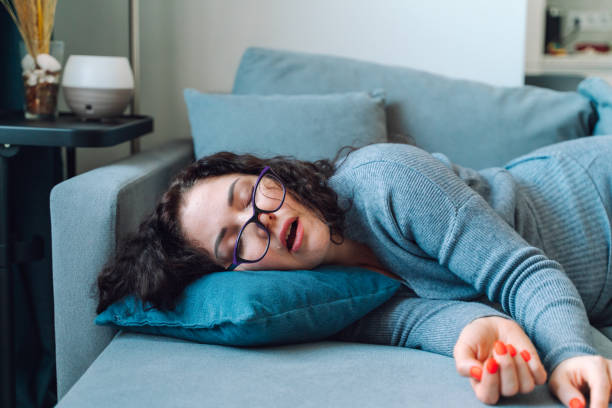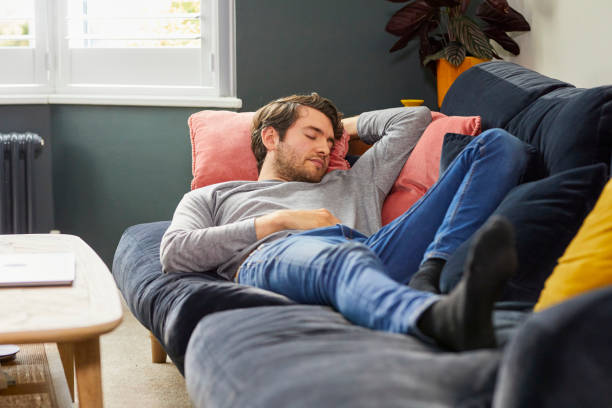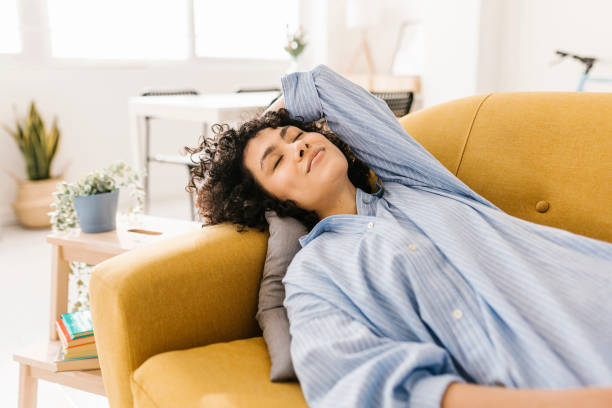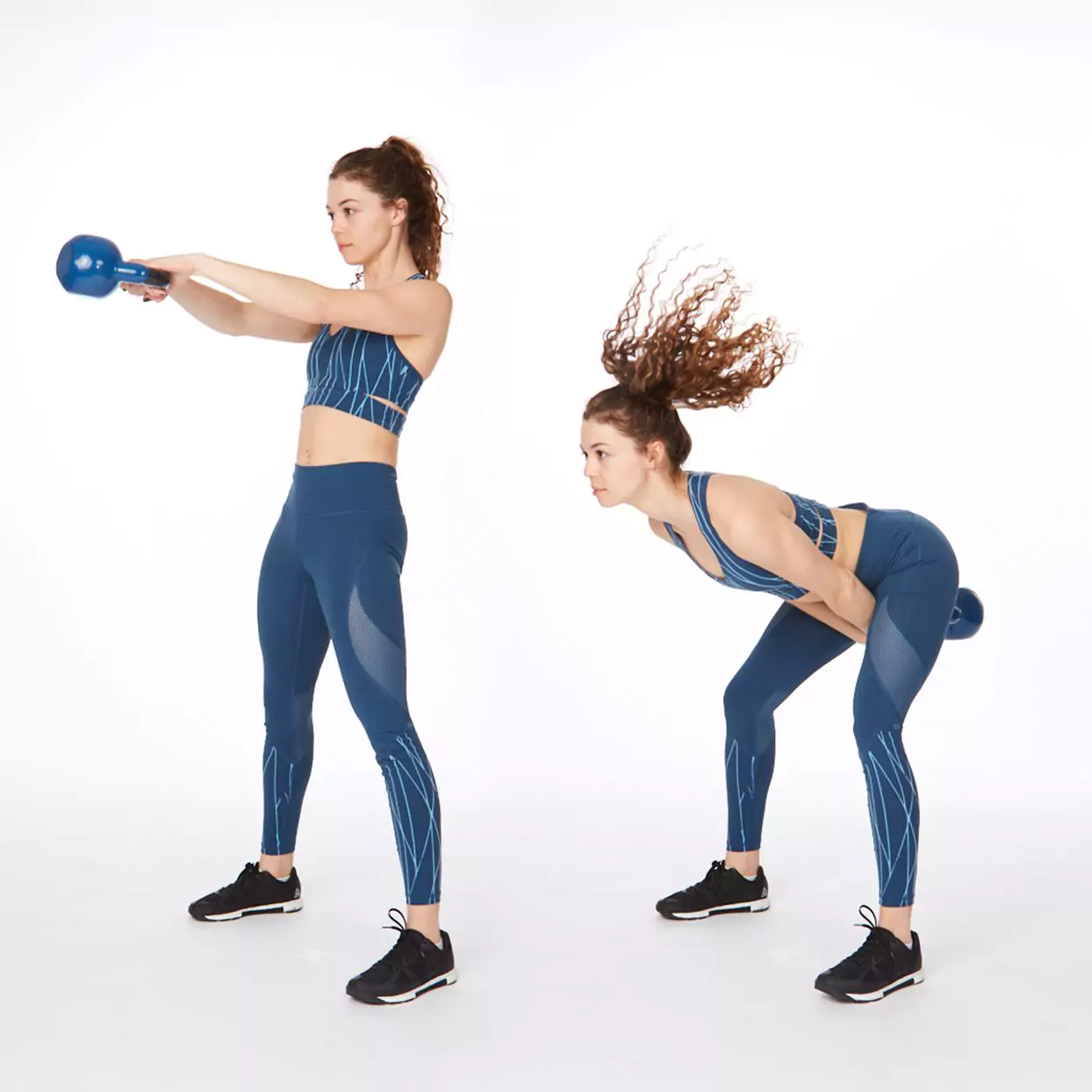Finding techniques to increase stamina and maintain productivity in the face of today’s hectic schedules is crucial. The power nap is one such efficient strategy that is rising in popularity.
This restorative routine includes napping throughout the day for brief durations, from ten minutes to many hours. Incorporating power naps into your daily schedule may provide you with a short-term energy boost and increased alertness, helping you to avoid the midday slump and improving your memory and other mental abilities.
Let’s take a deeper dive into the advantages, best timing, and best practices of power napping.
Unleashing the Power of the Nap

Reclaim Your Alertness
Fatigue and sleepiness might make it difficult to concentrate and delay decision-making. Power naps are an effective strategy for dealing with these difficulties.
A short sleep, or “power nap,” may raise alertness for many hours after waking up, helping to reduce weariness and boost cognitive performance throughout the day.
Power naps, in contrast to deep sleep, maintain you in a lighter sleep state, recharging your brain without the grogginess and confusion of sleep inertia.
Enhancing Cognitive Abilities
Our capacity to focus and think clearly decreases as the day goes on because our brain’s efficiency decreases. By giving your brain a chance to rest and rejuvenate, power napping may help you avoid this decrease and even improve mental processes like thinking, perceiving, and reasoning.
Brain adenosine A1 and A2A receptors may be boosted by power naps, leading to less tiredness and better cognitive performance, according to studies.
Boosting Memory
Power naps have been linked to enhanced memory, which is vital for day-to-day functioning.
Taking a short sleep may improve your memory and your ability to exert control over your emotions and impulses, among other things.
Even a short sleep of 30 minutes in the afternoon, according to recent research, may have a large impact on mental performance in memory-related activities.
Strengthening the Immune System
Although there isn’t a ton of data, power naps have been suggested whole help with things like stress and immunity.
Researchers showed that sleep-deprived people who slept for 30 minutes had normal levels of inflammation and stress indicators, but those who didn’t nap had increased levels.
Power sleeping may help lower sickness risk, but further study is required.
The Perfect Duration for a Power Nap
To get the most out of a power nap, it’s important to figure out how long you should sleep for. A power sleep should last no more than 30 minutes, ideally closer to 20.
Within this window, you may enter a state of light sleep that improves alertness without causing morning drowsiness. If you nap for more than 30 minutes, you risk waking up from a deep sleep period when you may feel groggy and confused.
The homeostatic sleep drive that builds up throughout the day and stimulates nocturnal sleep is not greatly diminished by naps shorter than 20 minutes, so they won’t affect your ability to fall asleep at night.
Learning to Nap Like a Boss

Now that we know the advantages and the best time for a power nap, we can discuss several techniques for maximizing its benefits:
Set an Alarm

Set an alarm for around 20 minutes before you want to get up to make sure you don’t oversleep. This can help you feel revitalized and refreshed when you wake up.
Choose the Right Time
If you have trouble falling asleep at night, try taking your power nap in the afternoon, between the hours of 12:30 and 3:00. Your nocturnal sleep routine may be thrown off if you nap too late in the day.
Create an Optimal Environment
Make sure you have a nice, dark, and quiet place to nap. You’ll fall asleep faster and enjoy your nap more under these circumstances. If you’re having trouble sleeping due to light or noise, try wearing a mask or plugging your ears.
Opt for Alternative Napping Spots
Avoid taking a power nap in your cozy bed if you don’t want to fall asleep quickly. Instead, choose a spot where you’ll be less inclined to overstay your nap’s welcome, such as a sofa or chair.
Try a Coffee Nap
Consider adding a coffee nap to your schedule if you find yourself needing a little additional wakefulness in the morning.
You may maximize the restorative effects of a 30-minute nap by drinking a caffeinated beverage just before you lay down for it.
This will give the caffeine time to take action while you sleep and leave you feeling awake and rejuvenated.
Drawbacks and Considerations

While there are many benefits to taking a power nap, it is important to consider the following:
Interference with Nighttime Sleep
Too long or too late of a nap might make it difficult to fall asleep later on. Short naps (30–90 minutes) might cause sleep inertia because of the increased likelihood of waking up from a deeper sleep state. People who are chronically sleep-deprived may have trouble regaining full alertness even after brief naps.
Health Considerations
Inadequate studies have shown a possible link between sleeping for 60 minutes or more and an elevated risk of certain health disorders. One research indicated that napping for more than 90 minutes increases the risk of hypertension in women over the age of 45. More study is needed, however, to determine whether or not napping really contributes to these health problems.
Individual Suitability
Everyone may not benefit from taking power naps. Napping is not recommended for those who suffer from insomnia, a sleep condition characterized by difficulty getting or staying asleep, since it might enhance hyperarousal, further impeding sleep. Longer preventative naps may be more helpful for night-shift employees who need to adjust their sleep schedules to meet their work hours.
When to Seek Help from a Sleep Expert
Keep in mind that power naps are not meant to replace regular sleep hours. You should see a doctor if you find yourself in need of daily naps to function, whether from extreme fatigue or insomnia.
Possible causes of your exhaustion include medical issues including narcolepsy, sleep apnea, or insomnia. The quality of your sleep and your alertness throughout the day may be greatly improved by diagnosing and treating these disorders.












